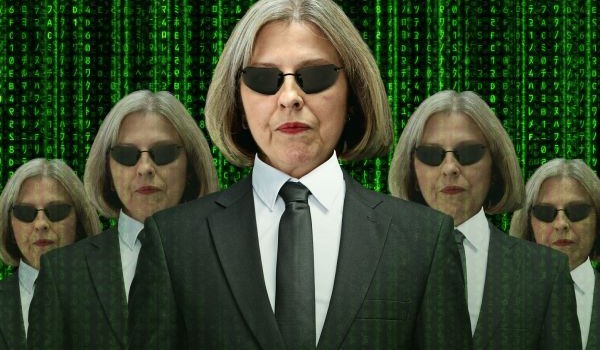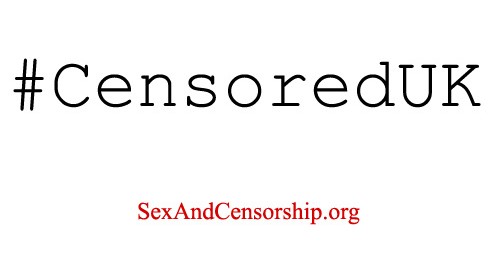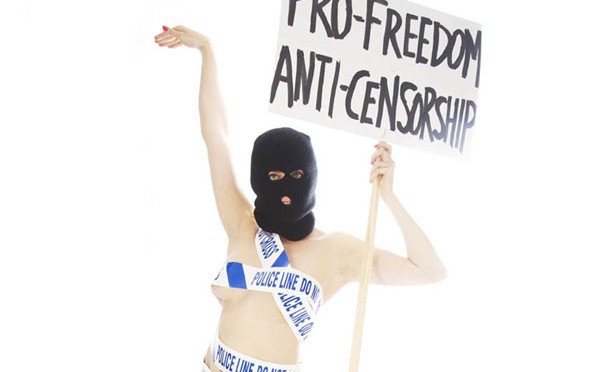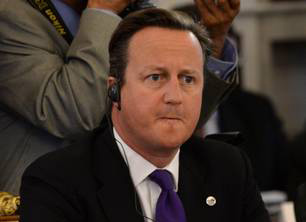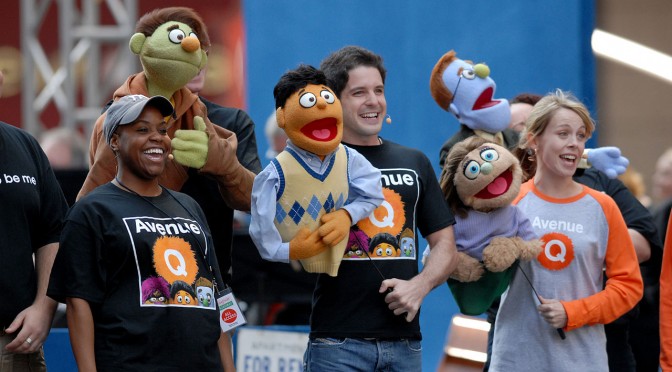Almost everyone in politics says they support civil liberties, but for most, this is mere lip service. There are tragically few civil libertarians in Parliament (most of those that were there previously were Liberal Democrats, who were largely wiped out in 2010). Neither of the large parties have strong records in this area. Labour’s last flirtation with civil liberty was under the Home Secretary Roy Jenkins in the 1960s, and he abandoned the party in the 1980s. The left and right wings of politics are almost indistinguishable on this measure. They’re distinguished by economic views, not by a belief in civil liberties.
Today we face new and fundamental attacks on our civil liberties. And yet, as the political spectrum has polarised to left and right, liberalism is at a low ebb. Just as a vigorous defence of civil liberties has become essential, so the political class – and political activists – have lost interest in civil liberties.
Theresa May, an authoritarian Home Secretary turned authoritarian Prime Minister, has overseen deep attacks on civil liberties. Of greatest concern are two new laws:
The Digital Economy Act (2017)
The Digital Economy Act, under the guise of “protecting children from online porn”, has introduced the most powerful system of censorship in the democratic world, which will kick into action in 2018. As often predicted on this blog, no sooner had the law been passed than Theresa May was licking her lips at the prospect of extending further and further. With almost no coverage in the press, we are about to lose access to the Internet as we knew it.
The Investigatory Powers Act (2016)
The IPA (aka the Snoopers’ Charter) effectively removes our right to online privacy. Theresa May’s early attempts to introduce this law were blocked by the Liberal Democrats while in coalition (we should thank the Lib Dems for this act, and many others, but the endless obsession with tuition fees eclipses their many successes in power). It is a draconian piece of legislation that has no place in a democracy. As the US whistle-blower and liberty campaigner Edward Snowden tweeted:
By my read, #SnoopersCharter legitimizes mass surveillance. It is the most intrusive and least accountable surveillance regime in the West.
— Edward Snowden (@Snowden) November 4, 2015
Brexit
The coming Brexit only compounds these problems, removing us from EU law that protects our online rights. It is likely that both of these laws could be challenged, if we Remained. But the British people, in their infinite wisdom, have opted to Leave. And the likely economic decline inherent in Brexit will only distract further from civil liberties: freedom is a luxury for the secure and the well-fed.
Where is the Opposition?
The good news is that there is a surge of political interest among the young. The bad news is that this enthusiasm has been thrown behind a conservative-left clique with no great interest in civil liberties. As a result, the election debate has been dominated by the usual economic arguments, and civil liberties have been swept aside. We end up in the strange situation where both main parties have swung leftward. Economically, the Tories have snatched the centre-ground abandoned by the Corbynites, while Labour, lacking a coherent analysis of economic problems or solutions, has become obsessed with nationalising stuff (an old fascination of the left which which is unlikely to resolve any problems).
But both party leaders are authoritarian by nature. Corbyn may (correctly) attack the British love-in with Saudi Arabia, but he has less to say about other regimes. Indeed, he has expressed strong support for the socialist regime in Venezuela (and has nothing to say about the suspension of democracy, the shootings of protesters, or the steep rise in poverty there). He is also muted in his criticism of Iran (and has pocketed money from a state-owned TV company). In short, we’ve returned to cold war politics, where both left and right are comfortable with state repression and murder. They agree that repression is OK – they just differ in who the bad guys are.
Corbyn, mistakenly viewed by many of his followers as a progressive, has put up no opposition whatsoever to May’s anti-liberty putsch. The Digital Economy Act was passed with Labour support. Shamefully, Corbyn’s Labour chose to abstain on the Snoopers Charter vote, rather than join the Liberal Democrats in voting against. They allowed it to be passed into law without challenge. Furthermore, Labour’s manifesto makes no mention to any changes to these laws. They will remain, whoever wins this election.
And as for Brexit: Jeremy Corbyn comes from the anti-EU wing of Labour politics, and has never hidden his euroscepticism (or at least, didn’t hide it until 2015, when it would have hampered his election as leader). Of all the party leaders, he is second only to UKIP’s Paul Nuttall in his enthusiasm for Brexit. And yet, many of his followers are pro-EU, and apparently unaware of his views on the matter, or of the role he played in quietly helping the Leave campaign to victory. Like the Tories, Labour has committed to ending free movement in the EU: Corbynites think this attitude is racist in Theresa May, but ignore it in their Chosen One.
There appear to be two Jeremy Corbyns: the europhobic 1970s throwback I’ve followed since he was elected in 1983 (I was a teenage leftie at the time), and the imaginary one his supporters believe in. Just as in the Monty Python classic, the Life of Brian, Jeremy Corbyn is their Messiah, and they won’t let the real person cloud their enthusiasm for the saviour they imagine him to be.
Vote Civil Liberties!
There is a clear choice in this election, but it’s not between Labour and the Tories. The line is between statist, pro-Brexit parties (Labour and the Conservatives) and internationalist, civil liberties parties (the Liberal Democrats and the Greens). The SNP appear to lie somewhere in the middle. The Liberal Democrats have followed up their opposition to the Snoopers Charter with a commitment to repeal it (you won’t find such a commitment in the Labour Manifesto). And only the Lib Dems tried to oppose the introduction of the “porn censor” within the Digital Economy Act.
On Europe, the Lib Dems have also committed to fight for free movement in the EU (LabCon have committed to end it), and have promised a second referendum on the Brexit deal, including an option to Remain.
There is, of course, no chance of them winning this election. But, whether the election is won by authoritarian bullies of left or right, we desperately need more civil libertarians in Parliament, and there are almost none in the main parties. The Lib Dems and the Greens deserve support for flying the civil liberties, pro-EU flag. Please consider lending them your support.
